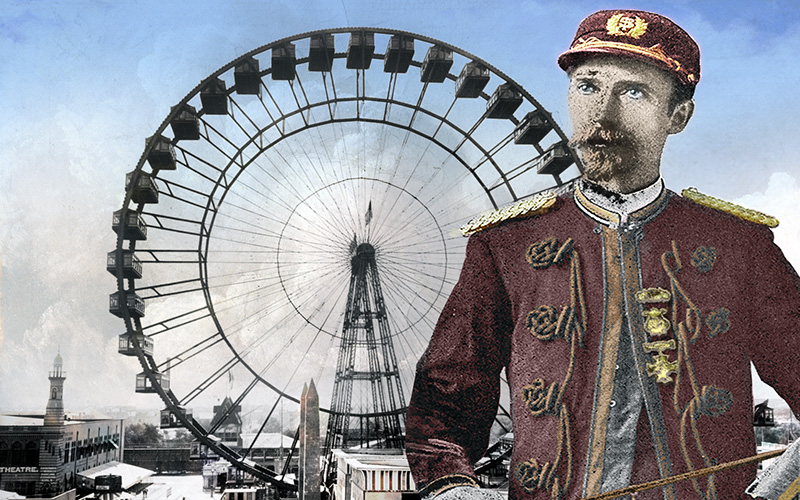
The great Ferris Wheel opened to the public on June 21, 1893. Though more than a month late (the fair opened on May 1), the wheel became one of the most popular attraction of the World’s Columbian Exposition. Some 2,000 spectators gathered on the Midway Plaisance for the opening ceremony.
The festivities began at 3 pm with speeches by Robert W. Hunt, President of the Ferris Wheel Company; George Washington Gale Ferris, Jr., engineer and designer of the metal monster, and General Nelson A. Miles. Mrs. Ferris then presented a golden whistle to her husband, which he blew at 3:30 pm to start the biggest wheel the world had ever seen on its maiden revolution.
“Before the inaugural exercises and while the guests were gathering inside the gates,” reported the Roanoke Times, “the Iowa state band, perched in the topmost car of the wheel, high above the promenade on the roof of the Manufactures building, played patriotic and popular airs appropriate to the occasion.” The band reportedly opened the ceremony by performing “The Star-Spangled Banner” (in 1893, not yet our nation’s national anthem) and “My Country, ’Tis of Thee” and then played “Yankee Doodle” after the speeches.
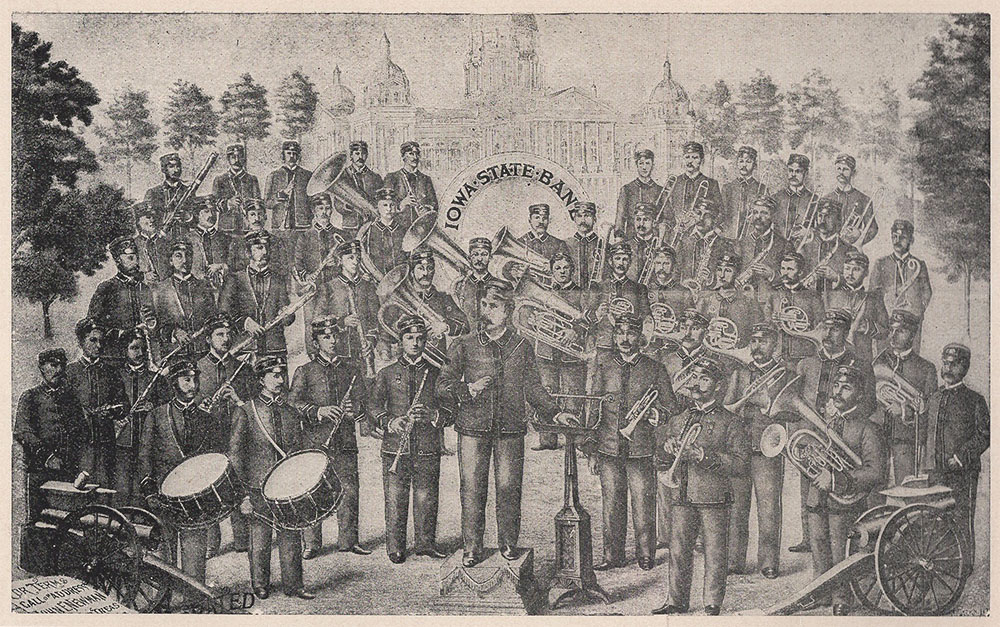
The Iowa State Band. [Image from Pictorial Album and History of the World’s Fair and Midway. Harry T. Smith & Co., 1893.]
The amusing story below, detailing the band’s adventures in this aerial performance, is an excerpted from the Chicago Herald’s report on opening day of the Ferris Wheel. The “bewiskered leader” mentioned was Frederick Phinney, director of the Iowa State Band. “Buck ague” in the title is a term to describe when a hunter loses composure and missed a shot. The “big grunting horn” likely refers to the helicon (a large tuba worn over the shoulder) that can be seen in the image of the band above.
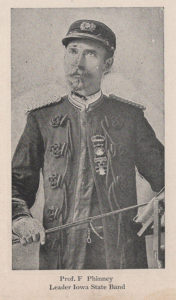
Prof Frederick Phinney, leader of the Iowa State Band. [Image from Pictorial Album and History of the World’s Fair and Midway. Harry T. Smith & Co., 1893.]
Musicians Had a Buck Ague
One of the amusing incidents of the public test of the wheel was the first ride taken by the Iowa state board. The musicians were ordered to take passage in one of the cars and toot some music even before speeches were made. It was with many misgivings that the bewhiskered leader got his men into the car. But once seated the men started to play a rollicking march. Then of a sudden the wheel began to revolve.
As the car ascended the man with the clarinet glared wildly out the window and laid his instrument upon the seat. Then the alto horn dropped out as the ground began to drop from beneath the players’ feet. As the car climbed to a greater altitude other horns and fifes withdrew their support from the leader, who wasn’t looking any too well himself. At the top of the wheel it seemed as though the march, which had been started with so much gusto a few moments before, had dwindled to the exertions of the bass drum and the piccolo. Then the engineer stopped the wheel. Down on the ground, 264 feet from their comrades, were a half dozen members of the band who had not taken passage. One of them was the fellow who plays the big grunting horn. He was supremely happy. He chewed the mouthpiece of his instrument and let out a derisive snort, but the men at the top of the wheel made no response. The march had now ceased altogether. There was no sign of life in the van. The engineer was deliberating in bringing the Iowa state board back to earth. But when he did send the wheel on the rest of its journey the white-faced musicians took heart and began to blow and pound with vigor which became more apparent as they drew nearer to the earth. The bewiskered leader sagged wearily against the window of the car when he came within hailing distance of the fellow of the big horn.
“Come on, Jack; it’s great,” he shouted through a lump in his throat.
But the man with big horn didn’t come. He sat down in the shade and fanned himself with his cap. It was not until the wheel had taken a load of 1,500 people over its axis that this musician consented to join his comrades.
SOURCES
“Ferris’ Wheel” Roanoke Times June 23, 1893, p. 3.
“Rain Kept Visitors Away” Indianapolis Journal June 21, 1893, p. 5.
“Whirling in Midair” Chicago Herald, June 22, 1893, p. 2.
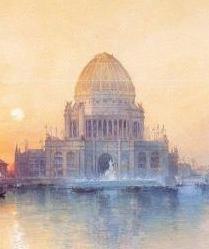
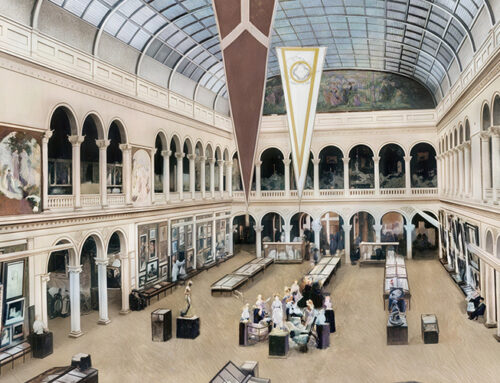
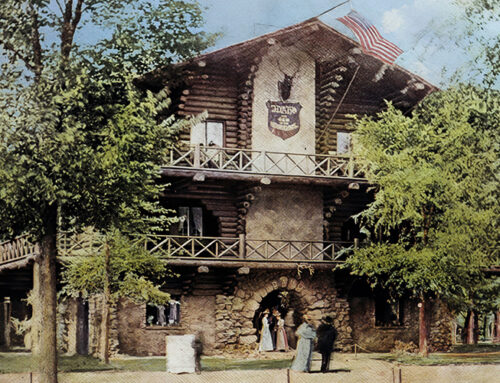
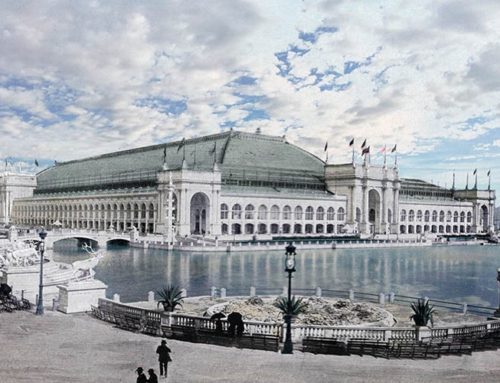
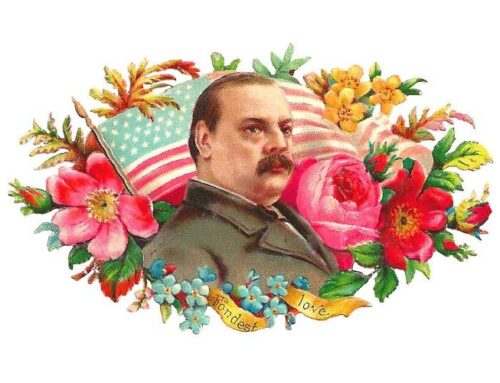
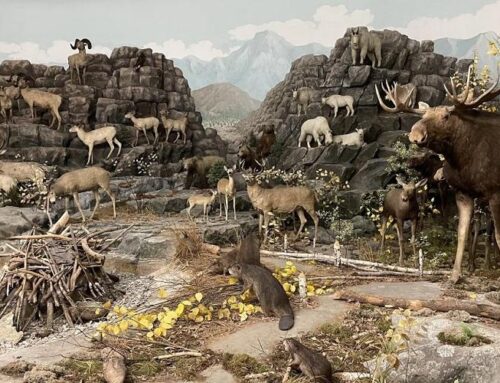
Leave A Comment